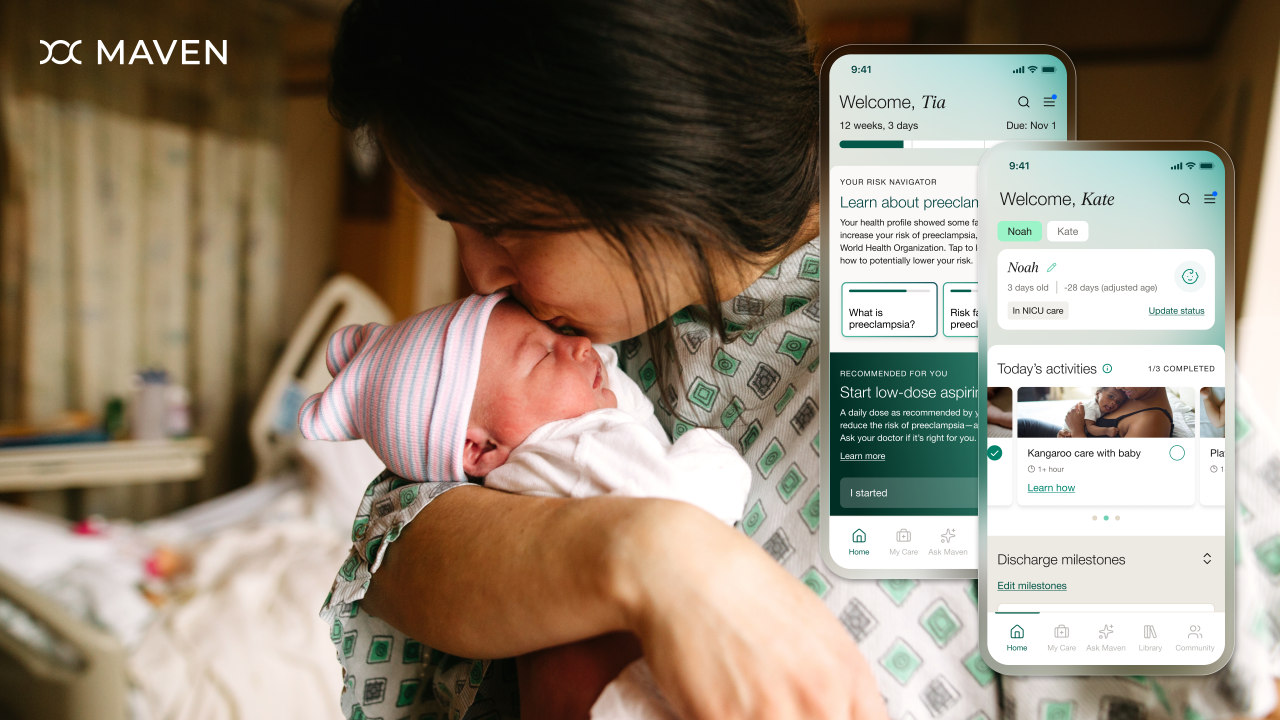Even if they bite the bullet and stay on the job well past retirement age and late into their 70s, most Baby Boomers and the Gen-Xers who follow them will not have enough savings to cover their basic retirement expenses and out-of-pocket health costs.
That’s the grim news in a new study just released by the Employee Benefit Research Institute (EBRI), a private not-for-profit research organization based in Washington, DC.
The closest thing to good news in this gloomy EBRI report is cautious word that “the chance of success for retirement adequacy improves significantly as individuals reach their late 70s and early 80s.”
In fact, that one variable — working much longer into old age — improves one’s chance of meeting lifetime retirement needs by 10%.
Working past age 65 helps the probability of achieving a comfortable retirement, explains Jack VanDerhei, EBRI's research director and the report’s co-author. “But what really makes a positive difference, we found, is if people who continue to work after 65 also continue to contribute to a defined-contribution retirement plan,” says VanDerhei.
The EBRI report examined the situation for several different income categories in this retirement survey.
For the lowest income group, the bottom quarter of earners, only three in 10 were found to have sufficient income to avoid running out of money in 50% of cases. If people in that group wait until age 69 to retire, almost half would have a 50% chance of not running out of money in retirement.
For those in the second-lowest income quartile, fewer than one in four would have a 70% chance of having adequate income for their retirement if they retired at 65. But if they were to work until they were 69, they could raise their odds to better than one in three, the study finds.
For the third-highest income group, half appear to have a 70% probability of making it through retirement without running out of money if they retire at 65, while 61% would be okay if they worked on until age 69.
Finally, among the wealthiest quartile of the population, 76% would have adequate retirement income if they retired at 65, increasing to 81% if they wait until age 69.
— Dave Lindorff writes for Financial Planning, a SourceMedia publication.





